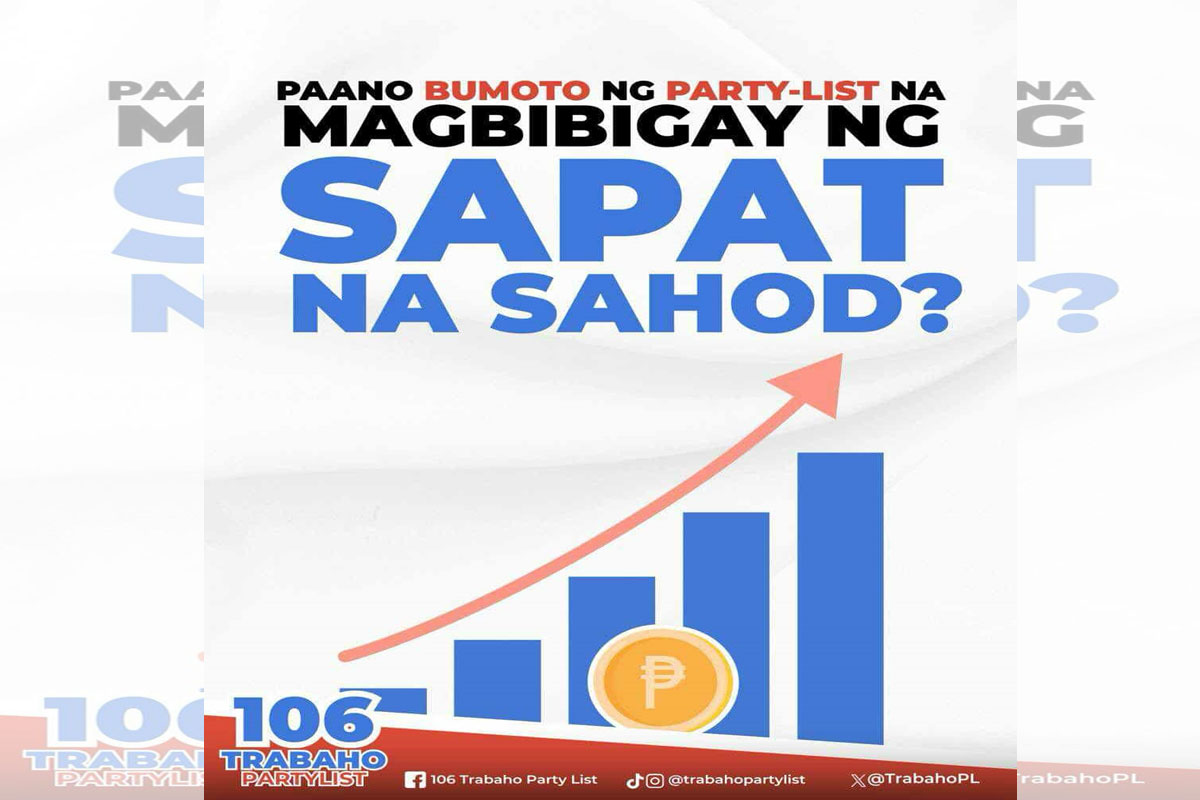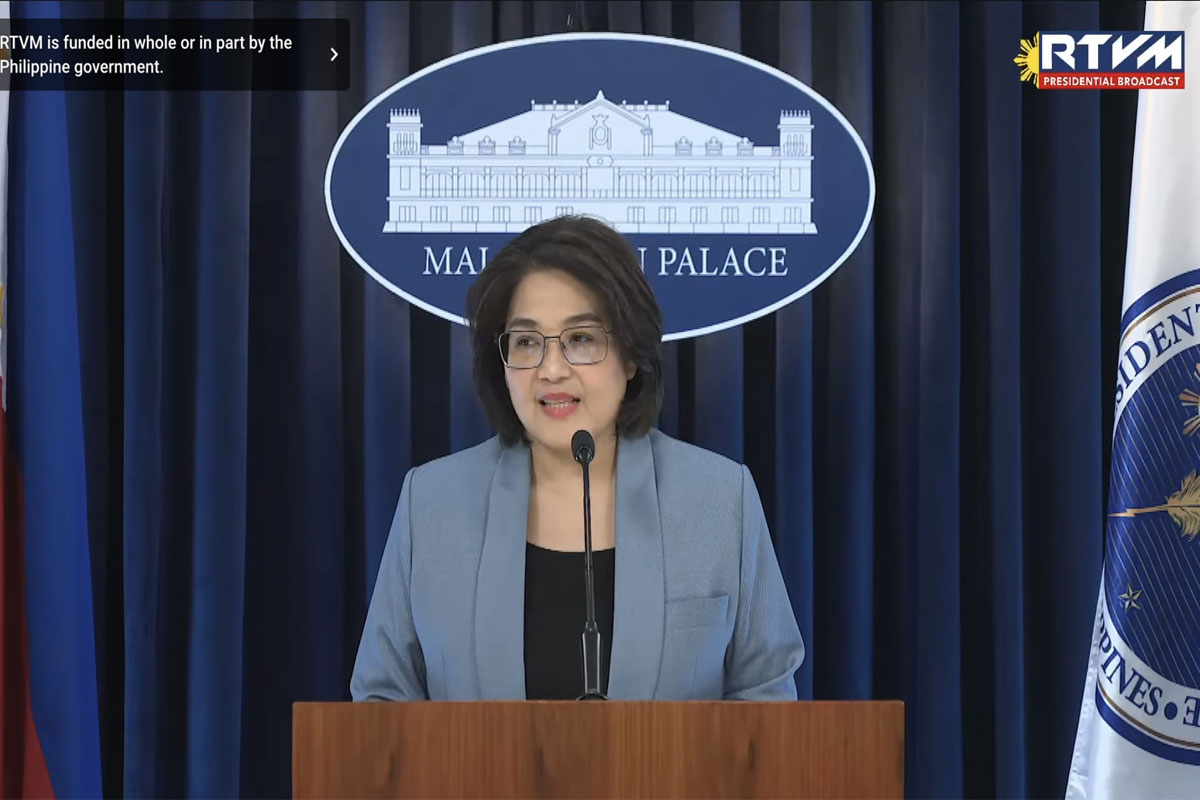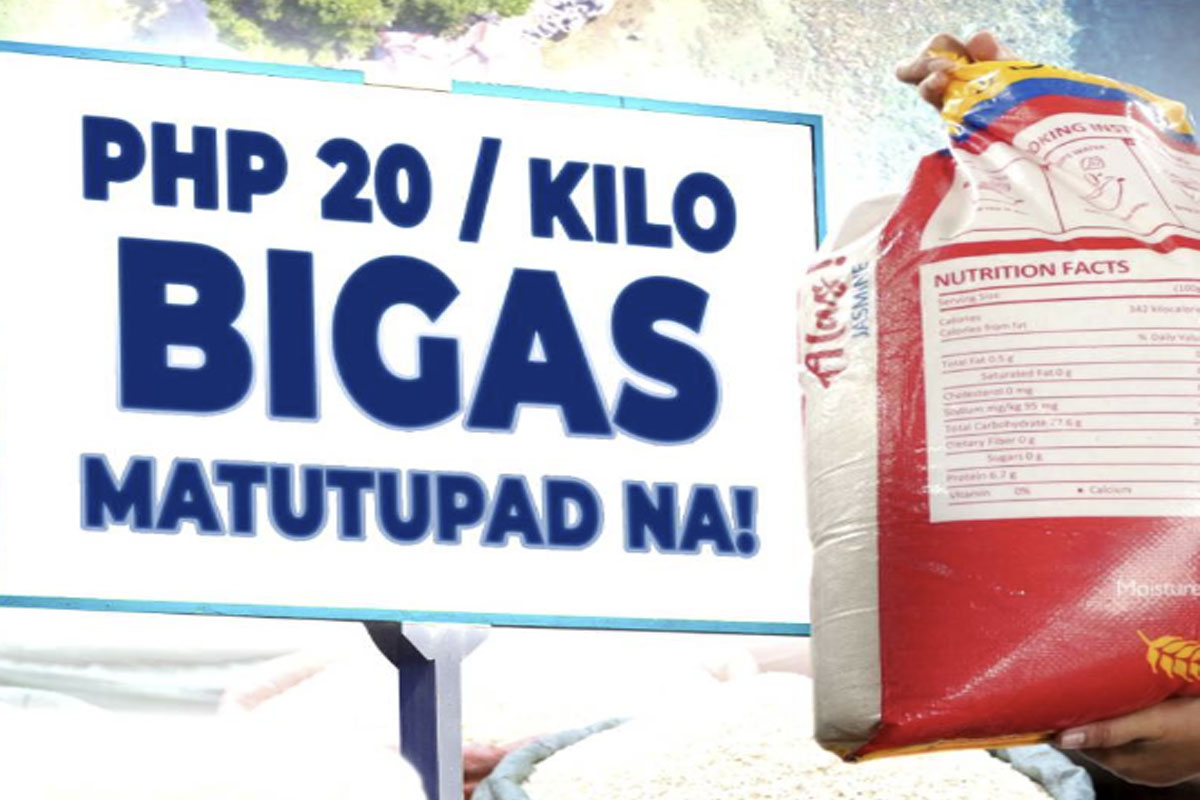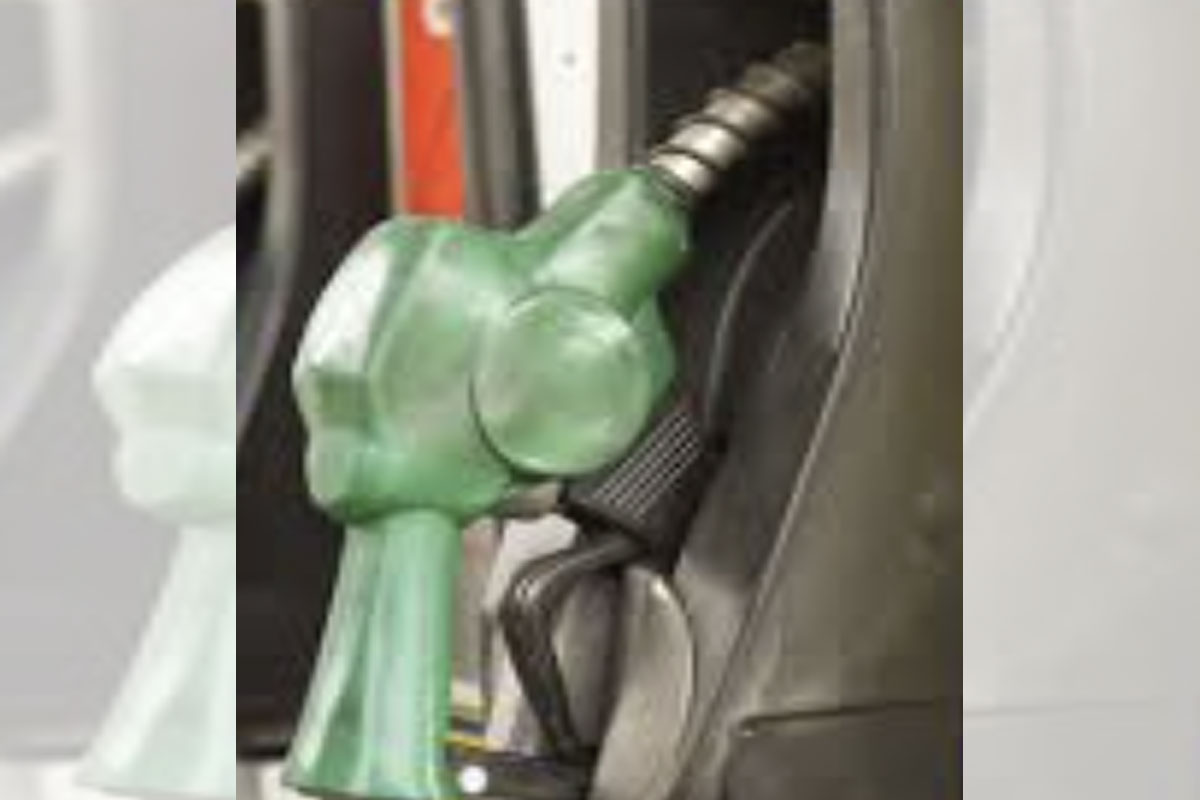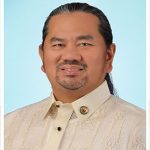
DENR assures assistance to entrepreneurs
MAXIMUM assistance will be extended to large-scale entrepreneurs and companies to help them comply with the Extended Producer Responsibility (EPR) Act.
Department of Environment and Natural Resources (DENR) Undersecretary for Policy, Planning and International Affairs Jonas R. Leones affirmed this as he allayed the concerns of large businesses covered by this law.
Leones said that the EPR Law emphasizes the available incentives rather than dwelling on penalties.
He added that this approach aims to inspire industries as the country enters the initial phase of EPR implementation.
“The DENR is here. We are not discussing penalties here. We’re discussing the incentives for obliged enterprises (OEs) who will comply with the EPR law. The DENR is here to assist OEs and even MSMEs (micro, small and medium enterprises) in registering,” said Leones.
The EPR law, also known as Republic Act 11898, became effective in August 2022, with the issuance of its implementing rules and regulations in January 2023.
It mandates large enterprises that generate plastic packaging to establish EPR programs for comprehensive management of plastic packaging waste throughout its lifecycle.
These programs should emphasize waste reduction, recovery and diversion, employing efficient methods like reducing non-environmentally friendly packaging and preventing plastic waste from leaking into the environment.
While not mandatory for MSMEs, they are encouraged to register their EPR programs with the DENR.
Since the EPR law took effect, the DENR has been actively organizing EPR workshops and webinars to facilitate the registration of EPR programs for OEs.
Leones explained that individual businesses, industry associations and business groups can reach out to the DENR to gain a better understanding of the law, the EPR registration process or to seek support from producer responsibility organizations.
“I think the EPR law is one step forward to systematic waste management. We just need collaboration between government and industry. We should work together.
The industry should not perceive the government as someone who penalizes them, but as someone who guides us in complying with this EPR,” added Aaron Lao, President of the Philippine Plastic Industry Association.
Under the EPR law, enterprises may apply for incentives following the approval process outlined in the National Internal Revenue Code of 1997, as amended.
The DENR is actively strengthening its collaboration with the Department of Finance to formulate policies related to fiscal incentives.
By the end of 2023, the EPR law requires OEs to demonstrate the recovery and diversion of 20 percent of their 2022 plastic packaging footprint.
This target will progressively increase each year, with the goal of recovering at least 80 percent of the plastic waste generated by the industry by 2028.
According to the latest data from the DENR’s Environmental Management Bureau, there have been 745 EPR registrations, totaling approximately 535 million kilograms of plastic footprint registered, with a diversion target of around 107 million kilograms by year-end.
Leones underscored the urgency of addressing this issue collectively, emphasizing the need for a “whole-of-government and whole-of-society approach” to benefit all Filipinos and future generations in the battle against plastic waste.







